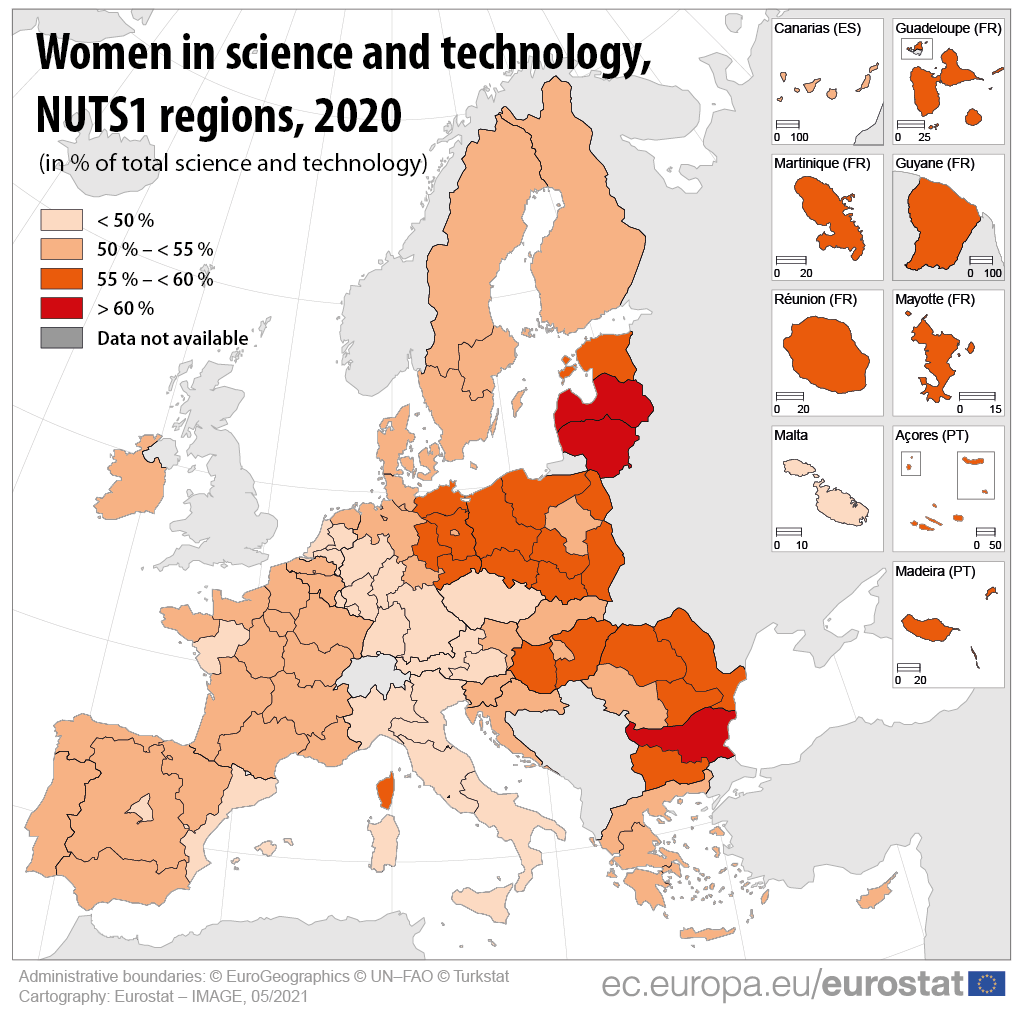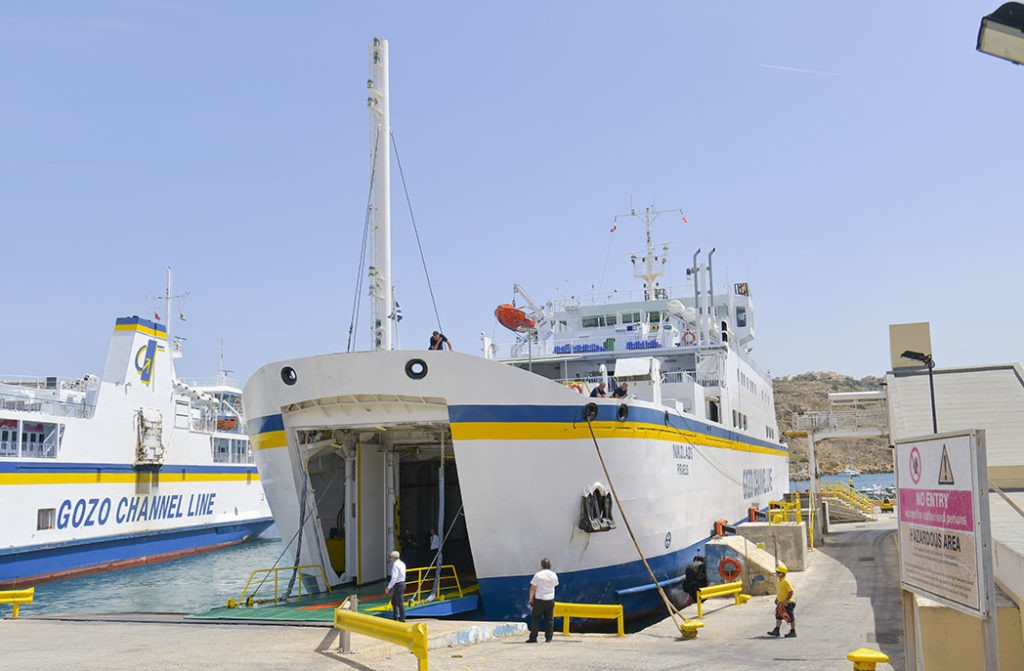Only 45.2 per cent of employees in Malta’s science and technology fields are women – the lowest proportion recorded in any country in the EU, according to data from the European Union’s statistics arm Eurostat.
The vast majority (two thirds) of EU countries recorded more women than men in the science and technology fields, leaving Malta as one of only six countries in the EU where less than half of workers in these fields were female.
At a regional level, the areas with the next lowest proportions of women in the fields were also in the Mediterranean, with five Italian regions recording 45 to 47 per cent women in science and technology.

The two highest shares of women employed in science and technology were observed in Lithuania and Latvia, where the proportion was 63.7 and 62.9 per cent, respectively.
Across the EU, 51.3 per cent of the 72.9 million people employed in science and technology were women.
Malta’s figure represents a wider phenomenon in the country, where men are disproportionately more present in the work force than females.
According to a recent labour force study conducted by the National Statistics Office concerning the final quarter of 2020, 68.4 per cent of males aged 15 and over were in employment, whereas only 50 per cent of females were.
Indeed, according to the Eurostat data, a higher percentage of the female “active population” was employed in the science and technology fields (36.7 per cent), than was the case amongst the male “active population” (30.7 per cent).
Passenger traffic between Malta and Gozo grew by nearly 8% in Q2 2025
Vehicle crossings and fast ferry usage also surged
New Malta-backed incubator to fuel Europe’s semiconductor startups
The ChipStart EU program provides a one-year, no-cost incubation opportunity for semiconductor startups in the European Economic Area
Government renews scholarship scheme for tech postgrads
In 2024 the Pathfinder Digital Scholarship issued €125,000 in funding, supporting 13 Master’s and 3 PhD students






